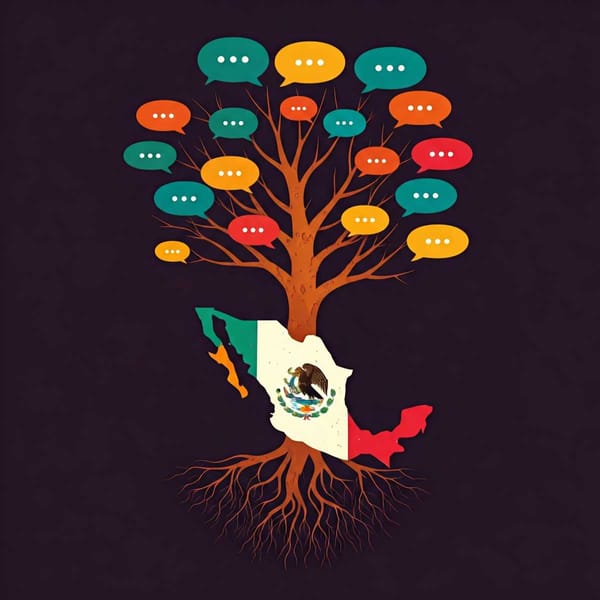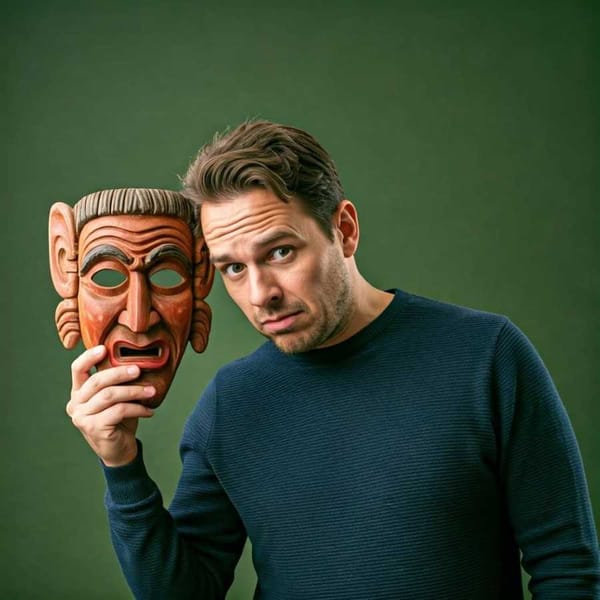How can I help my child with anxiety?
Children's mental and physical health can be adversely affected, both immediately and over the long term, by anxiety's silent suffering.

Anxiety is not exclusive to adults and young people, children can also suffer from it physically and psychologically, which affects their quality of life, mentioned Dr. Aída Aceves Valencia in her workshop conference "Identification of symptoms of anxiety and depression in children, adolescents and adults", during the II Updating Seminar "The Brain in Emotions and Learning" held by the Autonomous University of Guadalajara (UAG).
The expert, who has a master's degree in child therapy and is the author of books on children's mental health, explained the common symptoms that this sector of the population can show when suffering from anxiety.
In the physical aspect, a child suffering from anxiety may show:
- Abdominal pain.
- Headache.
- Sphincter control disorder.
- Increased frequency of tantrums and crying.
- Appetite changes.
- Physical complaints.
In the cognitive aspect, the infant presents:
- Frequent verbalization or demonstration of low self-esteem.
- Feelings of guilt.
- Difficulty concentrating.
- Decreased school performance.
- Recurrent ideas about death.
In the behavioral part, their behavior, are:
- Irritability.
- Isolation from family and friends.
- Low energy.
- Loss of interest.
- Frequent feelings of boredom.
- Refusal to communicate openly.
- Sleep disturbances.
For an adequate intervention of the child who suffers these symptoms, the expert recommended empathizing with him, validating his feelings and state, to maintain control and to generate a safe space for himself.
If the child presents these symptoms, he/she should be treated together with an expert on the subject of anxiety in children, known as a paidopsychiatrist, a specialist dedicated to child and adolescent psychiatry.




